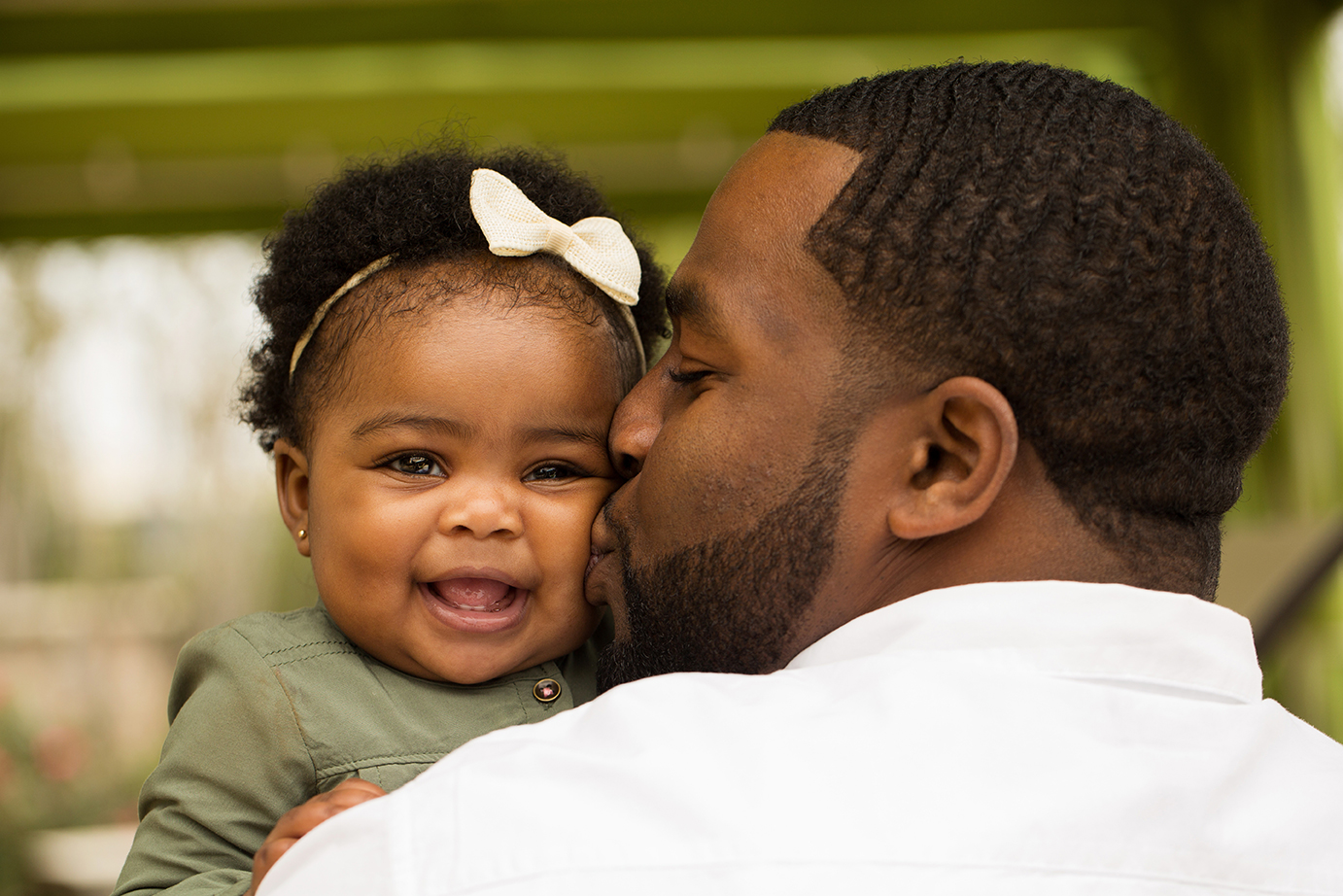Valentine’s Day might be the obvious occasion one thinks about during February but it’s also Black History Month!
Why is February Black History Month?
February was chosen because it includes the birthdays of both Frederick Douglass, an abolitionist (someone who wanted to end the practice of enslaving people), and former U.S. President Abraham Lincoln. President Lincoln led the United States during the Civil War, which was primarily fought over the enslavement of Black people in the country.
Black History Month was created to focus attention on the contributions of African Americans in the United States. It honors all Black people from all periods of U.S. history, from the enslaved people first brought over from Africa in the early 17th century to African Americans living in the United States today.
Among the notable figures often spotlighted during Black History Month are, Dr. Martin Luther King Jr, who fought for equal rights for Blacks during the 1950s and ’60s; Thurgood Marshall, the first African American justice appointed to the United States Supreme Court in 1967, and former U.S. President Barack Obama, who was elected the first-ever African American president of the United States in 2008.
Why is it important to talk about Black History with children?
Black History is such an important part of the history of America. Children should know and understand the struggles that African Americans faced in this country and also the rich contributions they have made to its progress. According to the American Academy of Pediatrics, babies as young as 6 months can see differences based on race. Toddlers can recognize biases related to race by age 3 and kids can be pretty set in their racial beliefs by age 12. Talking about Black history early on may help future generations to grow up in an anti-racist world.
How can you teach kids about Black History?
You may not always think about Black History in your everyday life, but there are so many ways to spark children’s interest in it. Here are a few simple ways to teach kids about Black History:
- Think of the long list of African American scientists, inventors, professors, politicians, musicians, and athletes who have made significant contributions to our country. Then find ways to squeeze them into your discussions with children.
- Highlight current events in the news that impact Black History. Events like the inauguration of the first Black President and first female Black/Asian-American Vice-President are noteworthy and worth watching with children.
- Teach children about racism and how to live a life of inclusion. The best way to do this is to be a positive example yourself and demonstrate inclusion for children. Other events that have been in the news over the past few years may not be the types of things we want to talk about with children. But it is important that children of all races know and understand the plight of Black people in America. This will help children understand that racism exists, and they can play an active role in minimizing it.
- Explore African American culture. If children are interested in a particular subject, encourage them to explore parts of African American culture within that subject. This can include dance, art, literature, music, and sports. Encourage your child to learn more about the impact African Americans have made on their chosen field. Visit a museum near you during Black History month to find an exhibit that teaches about Black culture. There are many aspects of Black culture to explore.
- Beyond the internet, don’t forget the public library! During, themed months (like Women’s History Month or Asian American Heritage Month), most local libraries display related picture books. They may also schedule book readings about different cultures and offer activities and lectures for adults and children. There are many wonderful authors and poets, and libraries have their own list of books especially during Black History Month.
*Resources: National Geographic, PBS Kids
Learning about different cultures around us, sparks creativity and passion. You never know where children’s inspiration may lead, and one day they may create something beautiful based on the guidance and teaching you help to provide.
Here’s a beautiful poem written and published in the Pleasanton Patch Newspaper, by a young student, Jamison Cloyd, in honor of Black History Month…
